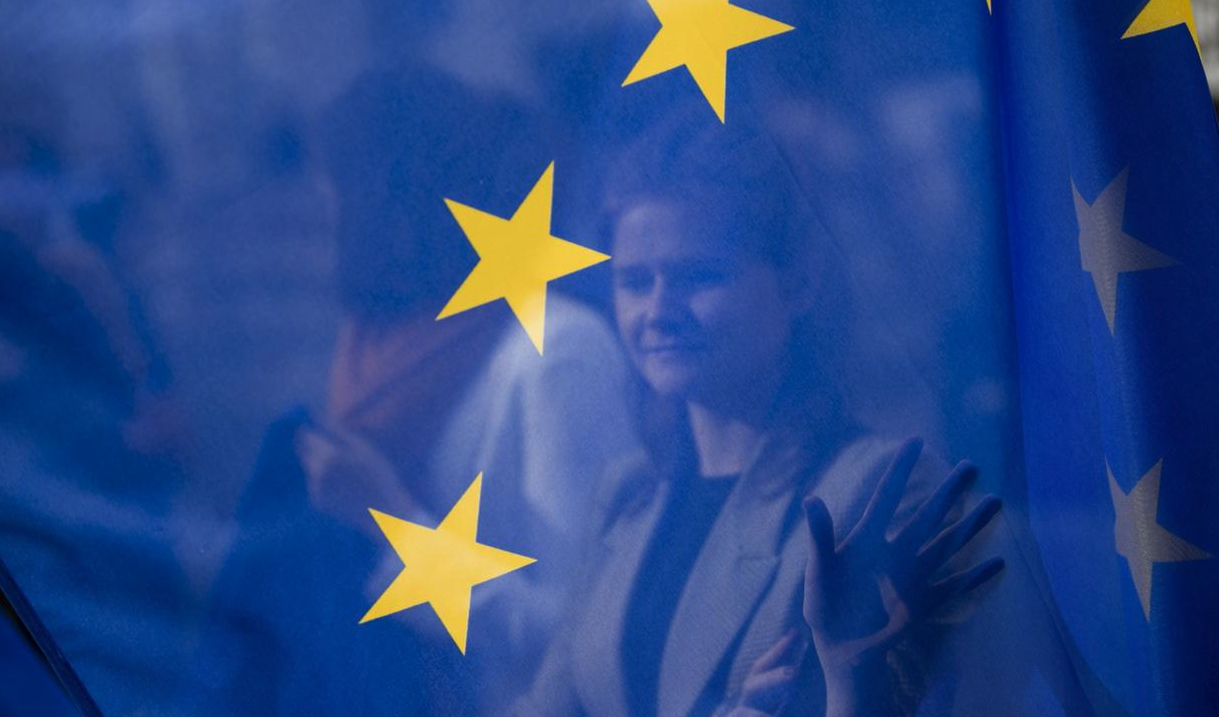The EU-Commision presented already in February 2022- as an answer to the EU general shortage of semiconductors caused by the COVID-19 pandemics – its legislative proposal of the European Chips Act (ECA). Carinthia was active at the layout of the ECA not only through its political representatitve in the Committee of Regions dr. Peter Kaiser, the Carinthian Governor , but also at the regional level, so it was in the position to use utmost the moment in the semiconductor area: accordingly Carinthia founded on 7th September 2023 in Bruxelles together with Saxony and some other important microelectronics centers of the EU the European Semiconductor Regions Alliance (ESRA).
More sun , more wind and more hydrogen: the renewable energy policy (RED III) , which came to force in November 2023, obliges the EU members to the construction of renewable energies and demands also that the yearslong procedures of issuing permissions are to be drastically shortened in order to enable the energy transition and to allow the European Green Deal to become true. Carinthia will play an important role in the European energy transition.
The law about the restoration of the nature, discussed and disputed many times, had a clear motto: To bring back the nature, without the need to go back. After long negotiations the law was finally fixed in November 2023, however with minor goals, clear definitions of expressions and much more flexibility for the EU member countries, for what Carinthia and the other Austrian Federal States were endeavoring a lot. In this respect the nature and the EU members can relieve.
On 10th December 2023 the Carinthian part of the Koralm Railway, which connects the places St.Paul im Lavanttal with Klagenfurt, was solemnly put into operation. The importance of the Koralm Railway exceeds the local frames. It is a central part of the Transeuropean traffic net (TEN) and it strengthens the Baltic-Adriatic Korridor. The new railway will bring a revolution not only to the passanger traffic, but it will also create new possibilities for the goods transport, what will contribure to an important reduction of CO2 emissions.

